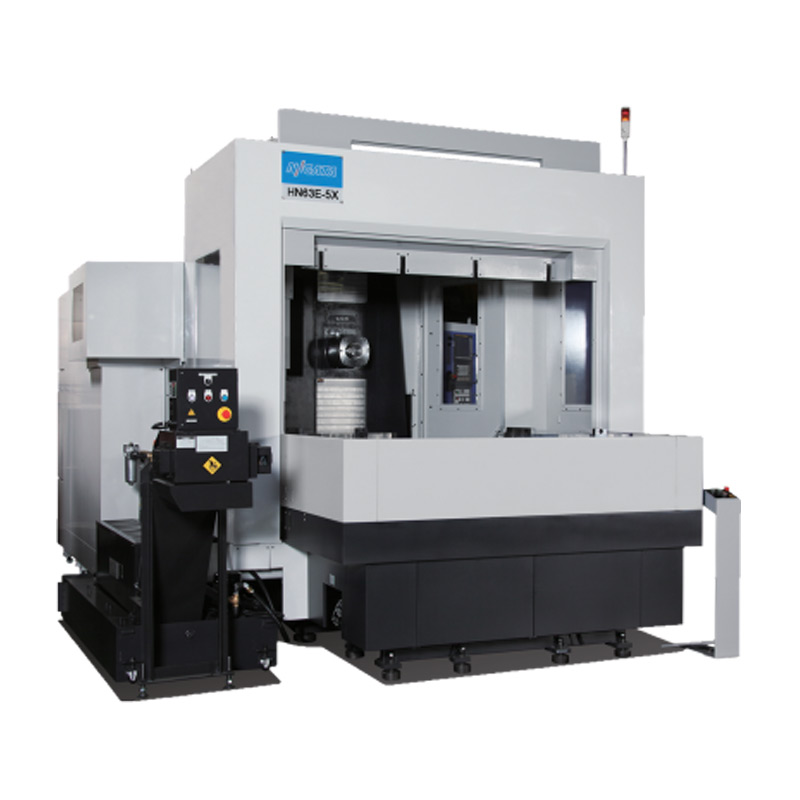
- Afrikaans
- Albanian
- Amharic
- Arabic
- Armenian
- Azerbaijani
- Basque
- Belarusian
- Bengali
- Bosnian
- Bulgarian
- Catalan
- Cebuano
- Corsican
- Croatian
- Czech
- Danish
- Dutch
- English
- Esperanto
- Estonian
- Finnish
- French
- Frisian
- Galician
- Georgian
- German
- Greek
- Gujarati
- Haitian Creole
- hausa
- hawaiian
- Hebrew
- Hindi
- Miao
- Hungarian
- Icelandic
- igbo
- Indonesian
- irish
- Italian
- Japanese
- Javanese
- Kannada
- kazakh
- Khmer
- Rwandese
- Korean
- Kurdish
- Kyrgyz
- Lao
- Latin
- Latvian
- Lithuanian
- Luxembourgish
- Macedonian
- Malgashi
- Malay
- Malayalam
- Maltese
- Maori
- Marathi
- Mongolian
- Myanmar
- Nepali
- Norwegian
- Norwegian
- Occitan
- Pashto
- Persian
- Polish
- Portuguese
- Punjabi
- Romanian
- Russian
- Samoan
- Scottish Gaelic
- Serbian
- Sesotho
- Shona
- Sindhi
- Sinhala
- Slovak
- Slovenian
- Somali
- Spanish
- Sundanese
- Swahili
- Swedish
- Tagalog
- Tajik
- Tamil
- Tatar
- Telugu
- Thai
- Turkish
- Turkmen
- Ukrainian
- Urdu
- Uighur
- Uzbek
- Vietnamese
- Welsh
- Bantu
- Yiddish
- Yoruba
Automotive Parts Cleaning Equipment for Efficient Maintenance and Performance
The Importance of Automobile Component Washing Machines in the Automotive Industry
In the automotive industry, cleanliness is paramount. As vehicles are composed of numerous components that must operate flawlessly to ensure safety and efficiency, the importance of maintaining these parts cannot be overstated. One key player in this maintenance process is the automobile component washing machine. This specialized equipment is designed to remove contaminants from automotive parts, ensuring they meet stringent manufacturing, safety, and performance standards.
Understanding Washing Machines for Automobile Components
Automobile component washing machines are engineered to handle a range of materials, including metals, plastics, and composites. These machines use various cleaning methods, including aqueous washing, ultrasonic cleaning, and solvent-based washing, to achieve optimal results. Each method has its benefits and applications, making it critical for automotive manufacturers and suppliers to choose the right system based on specific needs.
1. Aqueous Washing This method uses water-based solutions, often with added detergents, to clean components. Aqueous washing is environmentally friendly, as it avoids harsh solvents and is less hazardous for workers. It's commonly used for parts that need thorough cleaning without leaving harmful residues.
2. Ultrasonic Cleaning This advanced technique utilizes high-frequency sound waves to create microscopic bubbles in a cleaning solution. These bubbles implode, producing tiny shockwaves that dislodge contaminants from intricate surfaces and hard-to-reach areas of the components. Ultrasonic cleaning is ideal for highly detailed parts, such as fuel injectors and carburetors, where traditional cleaning methods may fall short.
3. Solvent-Based Washing Often used for heavily soiled components, this method employs organic solvents to dissolve oils, greases, and other stubborn contaminants. While effective, it requires careful handling due to the flammable and toxic nature of many solvents. However, for certain applications, it remains a vital cleaning option.
Benefits of Using Automobile Component Washing Machines
The investment in automotive component washing machines offers several advantages that enhance overall manufacturing processes
automobile component washing machine

- Improved Component Quality Clean parts are essential for maintaining high quality in automotive assembly. Contaminants can lead to defects, malfunctions, and decreased performance. By ensuring that parts are thoroughly cleaned, manufacturers can significantly enhance the quality of their final products.
- Increased Efficiency Using specialized washing machines reduces the time and effort required to clean components manually. Automating the cleaning process allows for higher throughput and helps keep production lines running smoothly, ultimately improving profitability.
- Enhanced Safety Contaminated components can pose safety risks. For instance, dirty fuel injectors can lead to engine misfires or failures. Washing machines designed for automotive parts ensure that components are free of debris and contaminants, promoting safer operation on the road.
- Environmental Compliance With growing concerns about environmental impact, many manufacturers are turning to greener cleaning methods. Aqueous and ultrasonic cleaning systems can significantly reduce the use of harsh chemicals and minimize waste, helping companies comply with environmental regulations.
The Future of Automobile Component Washing Machines
As technology progresses, so too does the design and function of automobile component washing machines. Innovations in automation, such as IoT-enabled machines that can monitor cleaning cycles and maintenance needs, are becoming more common. Additionally, advancements in environmentally friendly cleaning agents are being integrated into these machines, supporting the automotive industry's shift towards more sustainable manufacturing practices.
In the context of an increasingly intricate automotive landscape, where electric vehicles and advanced driver-assistance systems are becoming the norm, the role of automobile component washing machines will only grow in importance. The ability to produce clean, reliable, and high-quality parts will be critical for manufacturers aiming to excel in a competitive market.
Conclusion
In conclusion, automobile component washing machines serve as essential tools in the automotive industry, facilitating the cleaning of critical components to ensure safety, efficiency, and quality. As manufacturers continue to seek ways to improve processes and adhere to environmental standards, investing in advanced cleaning technologies is not merely beneficial but necessary for long-term success. The evolution of these machines promises a cleaner, safer, and more productive future for the automotive sector.
-
Integrating Aqua Tunnel Car Wash in Shopping CentersNewsJun.24,2025
-
Gas Station with an Auto Car Wash MachineNewsJun.24,2025
-
Efficiency in Your Aqua Tunnel Car Wash: Power & Water-SavingNewsJun.24,2025
-
Car Wash Business with Advanced Auto Car Cleaning MachinesNewsJun.24,2025
-
Balancing Setup Costs with Aqua Tunnel Car WashNewsJun.24,2025
-
Aqua Tunnel Car Wash: Eco-Design for the Energy-Savvy EntrepreneurNewsJun.24,2025



